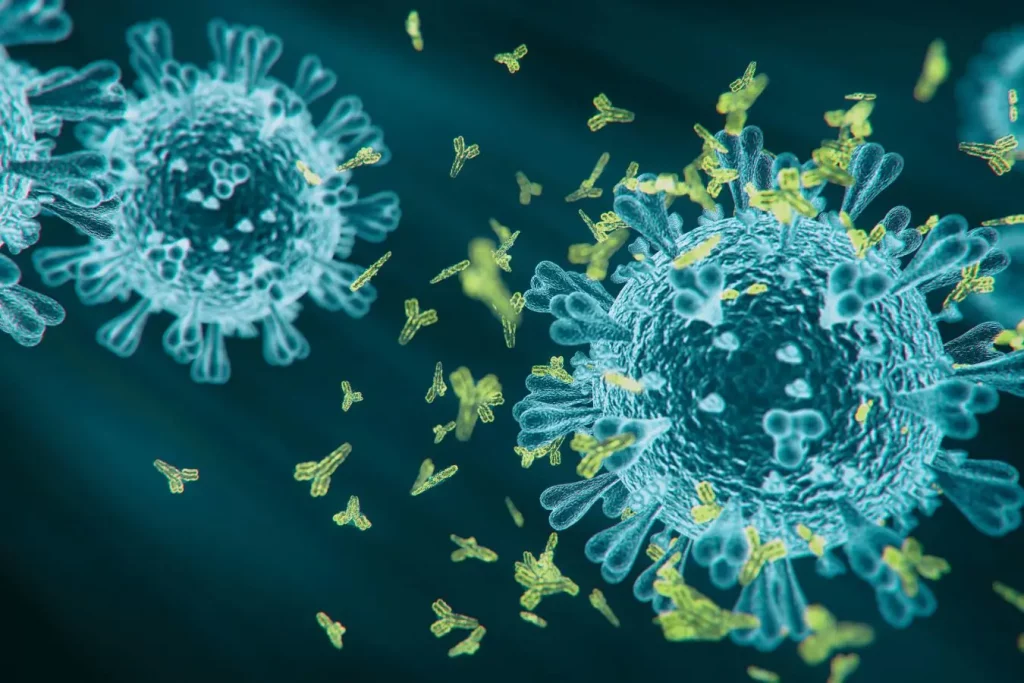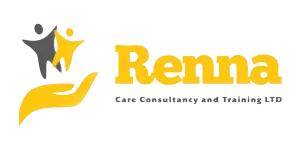
Call to ask any question
01604 372 409
Specialised Care & Training Consultancy Based In Northampton
We pride ourselves on being a trusted provider of Training services in Northampton, ensuring healthcare workers are adequately equipped for their work.

Anaphylaxis Awareness Training
After completing this module you should be able to understand what anaphylaxis is, its causes and symptoms, and how to treat it. You should also have a better understanding of how adrenaline works and how it should be used to treat anaphylactic shock.

Autism and Asperger’s Syndrome Awareness Training
Autism can be defined as a lifelong developmental disability that affects how a person communicates with and relates to other people and the world around them. As a Neurodevelopmental disorder, autism is not curable, but there are lots of ways in which you can help an autistic person and their family. While it is a condition that covers a wide spectrum of differences, sometimes including a learning disability or epilepsy, autism will affect each person in very different ways. Part of your role is to be flexible and adaptable given the range of symptoms of autism; you’ll then be in a position to offer individualised care based on the assessment of needs.

Basic Adult and Paediatric Life Support Training (Including AED Training)
Basic Life Support is a specialist course covering terminology, legal requirements and basic life support techniques in case of an emergency. The course aims, in particular, to teach its readers how to assess an incident and manage a casualty who is choking, vomiting, unconscious or not breathing. The course uses audio-visual elements to help the readers learn how to perform Cardiopulmonary Resuscitation step by step and how to manage an unconscious person. This course also includes proper defibrillation use. This course can be used as stand-alone or in conjunction with practical training.

Continence Care Training
Continence is the ability to control the movements of both the bladder and bowel. Incontinence is when someone has little or no control over their bladder or bowel movements. Incontinence can also occur where there are no problems with the bowel or bladder, but mobility or other issues make using the toilet difficult.

COVID-19 Awareness Training
This course will help the reader manage the threat of COVID-19 when working with vulnerable people in a healthcare setting. It will cover: • Structure and history of coronavirus • Understanding symptoms • Identifying risk groups • Testing for coronavirus • Disinfecting and hygiene • Personal Protective Equipment • Caring for residents with COVID-19 • Quarantine rules and guidelines By the end of the course, the reader will: • Be able to describe the nature of COVID-19, its origin, and how it is spread • Understand how to minimise the risk of infection • Identify the main symptoms of COVID-19 • Understand what you should do if you, or someone you care for, displays symptoms • Be able to list the key elements of PPE and how it should be used • Learn how the disease should be treated. The purpose of the course is not to measure competency in diagnosing or treating patients with coronavirus.

Dementia Awareness Training
Dementia Awareness is a specialist, stand-alone course covering terminology, skills and knowledge necessary to enable and provide support to people living with dementia; to promote their independence through reablement and person-centered approach – to ensure that they can continue to use their skills and abilities and maintain a good quality of life as much as possible. The course has been mapped to the Credit and Qualification Framework (QCF) Level 2 Award in Dementia Care and the six Common Core Principles for Supporting People with Dementia, listed by Skills for Care.

Cardiopulmonary Resuscitation (CPR), Defibrillation and Anaphylaxis Training
This course is aimed at healthcare professionals (although it can be studied by others who share an interest in the modules) After completing this course, the healthcare professional should have the theoretical knowledge to be able to: – Perform cardiopulmonary (CPR) to the Resuscitation Council (UK) 2010 guidelines – Safely use an automated external defibrillator – Recognise, and treat anaphylaxis This knowledge will be assessed through a multiple-choice question paper (self-assessment), and it is recommended that this theoretical knowledge is followed by optional, practical training.

Catheter Care Training
Urinary catheterisation is the insertion into the body of a flexible tube called a catheter, to drain the bladder and collect urine. Urinary catheters are usually inserted by doctors or nurses in the hospital or the community. All healthcare workers involved in caring for patients with catheters need to understand basic catheter care, in order to achieve the best patient outcomes and minimise complications.

Complaint and Conflict Resolution Training
Please be aware that this course is included in Online 1-9. The aim of this course is to give you some understanding of the issues and procedures involved in the handling and management of complaints, and conflict resolution in the workplace. Content will cover the following key areas: Complaint Training: – What is a complaint? – Types of complaint – How to deal with complaints correctly – Complaint responses – Abuse – Legislation – Statistics: official complaints and unofficial complaints – Complaint Training — Summary Conflict Resolution: – Conflict Resolution – Training Objectives – Legal Definitions of Conflict – Common Law – Legal References – Managing Patient behaviour – The Betaris Box – Reasons for Communication Failure – What is a conflict and when does it occur? – Warning signs to consider before the conflict – How to respond to conflict? – Physical restraint, a last resort – Conflict Resolution — Summary.
